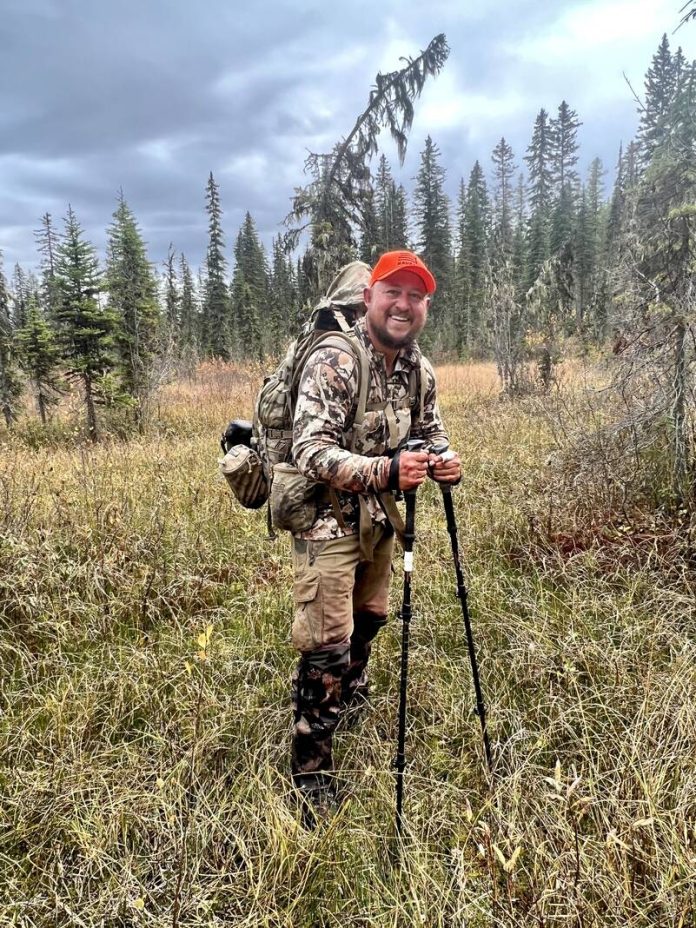Hunters across the country are eagerly anticipating the arrival of fall. Many have trips planned to the mountains for elk, the Midwest for deer, the plains for upland birds and river systems for waterfowl. A common theme of all these destination experiences is the importance of being properly prepared. The success of any hunting trip begins at home with acquiring knowledge and packing the right gear.
Plan carefully and pack well
Hunting offers many challenges, so having the right gear is critical to a successful and fulfilling experience. Mother Nature is ultimately in control, so being prepared for whatever she may throw at you is the most important aspect of any hunt. It can be a matter of life and death. Aside from having all the basic gear, like a firearm or bow, pack, binoculars, ground blinds, clothing and boots, it’s critical to have a first aid kit and safety gear packed for the hunt. Go through your gear now to make sure you have everything you need and that it is in proper working order.
Select the right knife
A key piece of gear for any hunt is selecting and having the right knife. It’s one thing to be prepared for better taking an animal. It’s another issue altogether to prepared to take care of the animal after the hunt. There is no end to the brands and types of knives available to hunters. The proper knife to field dress an elk is far different than knife used to prepare a quail for the freezer. Knowing what knife you need for the adventure you are undertaking is an important step in preparedness. Buck Knives alone offers more than 200 options. Spend some time researching options and purchase what you need to do the job at hand. One good tip is that your knife doesn’t need to be camouflaged. Knives fall off our belts and are often left behind during the field care process. An eye-catching blaze orange handle helps ensure you can find a knife that was left behind.
Be prepared for success
Heat is the enemy of meat until it’s placed on the grill. Early-season hunts often mean hunters face high temperatures, and this can mean meat spoilage for those who are not prepared. A small tarp to aid with keeping meat clean during field processing and mesh game bags to help hang and keep meat cool are the basics. Some hunters also carry a can of black pepper and apply it to game meat to keep pesky flies at bay. Coolers and access to ice are critical if you won’t immediately have access to a freezer. Don’t be surprised when you are successful. Be ready to deal with all the meat as efficiently as possible. This is the number one responsibility of all hunters.
Know the risks and make a plan
In many areas of the country, humans are not the apex predator. Bears, mountain lions and wolves are dangerous predators. They are smart and many have come to recognize gun shots as dinner bells. They’re attracted to easy meals left behind by hunters. Grizzly bear populations are increasing in most of the northern Rocky Mountain states, and each fall these big bruins attack and kill or seriously injure hunters. Research state game department websites to determine recommended steps to avoid bear encounters and conflicts. Having bear spray in bear country is a must. Keep your head on a swivel while caring for downed game in bear country — and if you leave a kill site, use caution as you return.
When all goes right, hunting adventures can create the memories of a lifetime. The likelihood of a fun and successful trip directly correlates to the amount time one spends preparing for the adventure. You owe it to yourself, your loved ones and the game you are pursing to ensure you are as prepared as possible for whatever may come on your next great hunting adventure.
See you down the trail …
Brandon Butler writes a weekly outdoors column for the Daily Journal. For more Driftwood Outdoors, check out the podcast on www.driftwoodoutdoors.com or anywhere podcasts are streamed. Send comments to [email protected].





